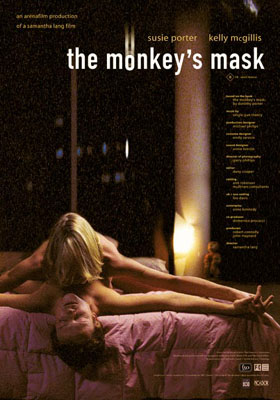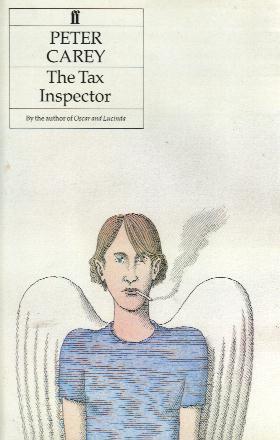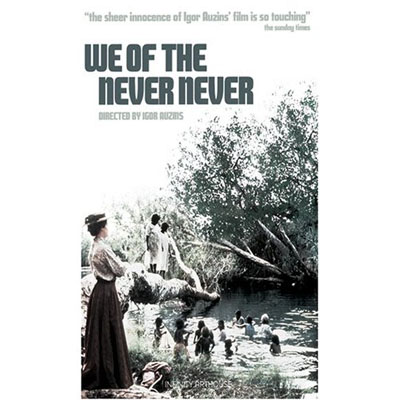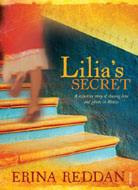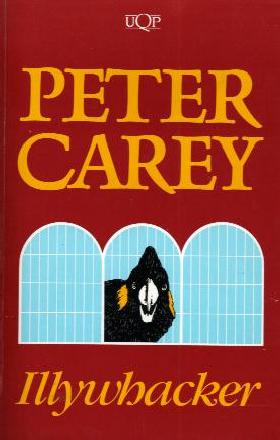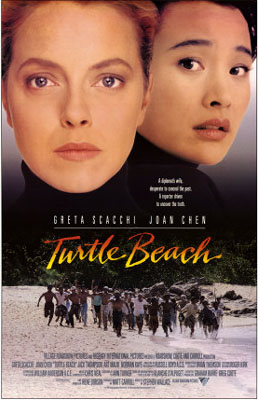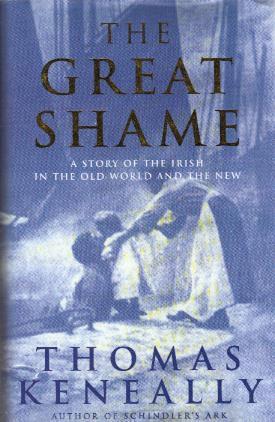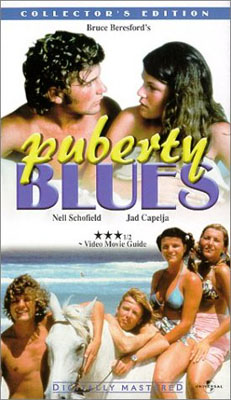Those who are still able to read and appreciate poetry and verse are meeting to celebrate the placing of a tablet in Westminster Abbey to the memory of Adam Lindsay Gordon. An Australian poet has yet to win a place there. Gordon was an English poet who gained the inspiration for his best work in his homeland, and who wrote as if his life in Australia were that of an exile. His popularity is probably due to his chivalrous sportsmanship, his galloping verses, his somewhat gloomy sentimentalism and the "froth and bubble" type of wisdom that gets applause almost anywhere. Australia's own poets are comparatively neglected. Henry Lawson -- who touched poetic heights above Gordon and occasionally descended to deeper depths of doggerel -- is honored by a few loyal societies, and his best lines and thoughts gradually enter into common expression. He was the poet of the bush humanity rather than of nature. His rebellious heart was moved by a great human sympathy. Another and greater Australian poet -- Kendall, whose lyrics of nature flow with a Tennysonian facility and felicity and compare occasionally with those of Shelley -- is relatively neglected.
The anniversary of Kendall's birthday April 18, 1841 -- was not observed. For every portrait of him in our little private libraries there are fifty of Gordon, the English singer, and twenty of Lawson. He was Australian first and last, although influenced by the culture of the older lands. Thomas Kendall, a Lincolnshire schoolmaster, came to Sydney in 1809. His adventurous son, Basil, the poet's father, was probably born there or in New Zealand, where Thomas spent a few years. The poet himself was born in a primitive cottage near the agricultural village of Milton, on the New South Wales south coast. The Kendalls were men of education and wide reading. On the south coast, and on the north also, amongst the hill forests and the deep, cool glens, the music of nature haunted Henry Kendall "as the wind a tree." In the lonely, beautiful places he drew syllables from "unfooted dells and secret hollows dear to noontide dew" -- "words and music caught from glen and height and lucid colors born of woodland light."
The discussion of Centenary odes and lyrics, yet to be, gives additional interest to Kendall's work when he, too, attempted the terrible task of writing to order. His first essay in this kind of versification was on the occasion of the Sydney Exhibition of the early eighties, when he was the author of the prize ode. The poem is an enraptured survey of Australian exploration and colonisation from the earliest days up to the occasion by which it was suggested. The stilted heroics and the free citation of mythological characters and analogies suggest Kendall wrote with a grim unflinching purpose. There are many fine lines; Kendall never entirely failed. Before a concluding metrical invocation, resonant and sincere, he glorifies his native land.
"Her crown will shine beside the crown of kingsNot long afterwards Kendall wrote a series of cantos for the opening of the Melbourne International Exhibition. These were written for music, and are notable for a bigger share of the poet's own naturalness--
Who shape the seasons, rule the course of things;
The fame of her across the years to be
Will spread like light on a surpassing sea;
And graced with glory, girt with power august,
Her life will last till all things turn to dust."
"Dressed is the beautiful city -- the spires of itThe poem closes with a deep reverence characteristic of the writer -
Burn in the firmament stately and still;
Forest has vanished -- the wood and lyres of it,
Lute sof the sea-wind and harps of the hill.
This is the region and here is the bay by it,
Collins, the deathless, beheld in a dream;
Flinders and Fawkner, our forefathers grey, by it
Paused in the hush of a season supreme."
"To Thee be the glory, All-Bountiful Giver!With slight verbal amendments to suit the occasion and dates, this poem might be recommended to musical composers and the Centenary Committee. There is a beauty of words, thought and imagery in Kendall which can be made an infinitely greater Australian influence. The best of all are the lyrics of nature, some of which have happily found their way into the schoolbooks. They throb with the pulse of the Australian bushland; they limn its beauties with crystal clearness; they are alive with melody. "Bell-Birds," "September in Australia," "After Many Days," "Illa Creek," "Araluen," "Coogee," and a dozen others ought to be "familiar in our mouths as household words."
The song that we sing is an anthem of Thee,
Whose blessing is shed on thy people for ever,
Whose love is like beautiful light on the sea.
Behold, with high sense of Thy mercy unsleeping,
We come to Thee, kneel to Thee, praise Thee and pray,
O Lord, in whose hand is the strength that is keeping
The storm from the wave and the night from the day!"
Our first lyrical poet was not entirely engrossed with the beauty and song of his native woodland. Although his description of the Melbourne Cup does not suggest that the race was run at a thrilling speed, few verses travel faster or with a more energetic lilt than the description of the thirst-maddened beasts "On a Cattle Track." The poet's gentle soul was once moved to write an Australian war-song. It calls upon Australians to "whet the swords you have in keeping; Forward, stand to do or die," but it is not poetry, and as for the swords we have in keeping, it is hardly accurate.
As the literary sense of Australia becomes more discriminating Kendall will rise to a place still higher in the minds of students and readers. If there be a place for another club, it might be formed to discuss the great New South Welshman and other Australian poets of nature who have felt the Kendall influence.
First published as an editorial in The Herald, 5 May 1934
